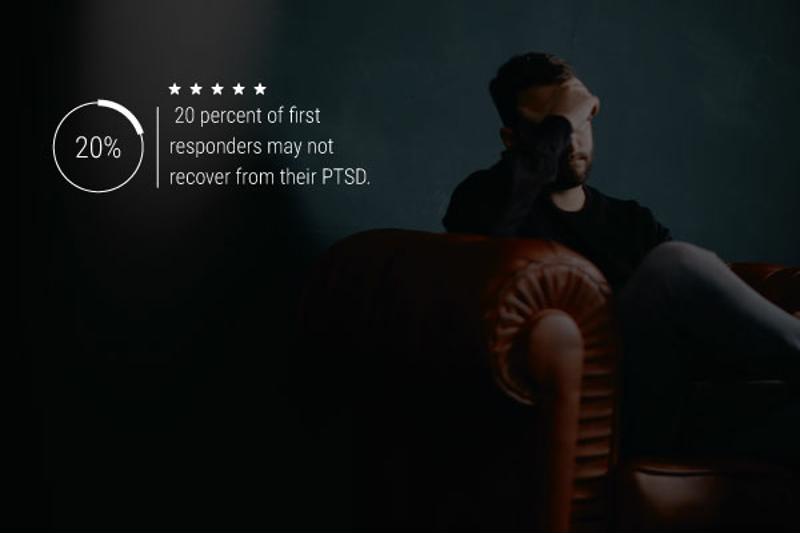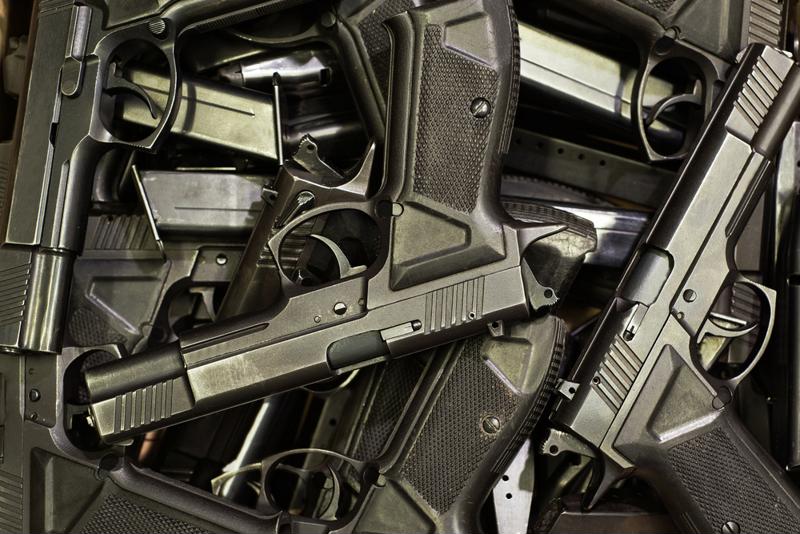As the New York Times detailed, 555 mass shootings have occurred in the U.S. since June 12, 2016. That night, a gunman opened fire in nightclub in Orlando, taking the lives of 49 people. It was America's deadliest shooting at the time, only to be eclipsed just over a year later when, on Oct. 1, 2017, another shooter attacked a music festival in Las Vegas. This catastrophe left 59 dead and at least 527 injured.
First responders are always on the front lines of such events, valiantly working amidst the chaos to save as many lives as they can. As we commend their bravery, it is important to listen to what they have to say.
Shootings take an emotional toll on first responders
The people who respond to mass shootings are some of the bravest and most resilient individuals on Earth. They're the only ones equipped to save countless lives during disastrous events, and they must think and act quickly in order to rescue as many as they can.
That said, they're also exposed to untold horrors as they carry out their duties. Even a successful rescue doesn't guarantee a life saved, as Paul Brunner, an EMS volunteer in La Vernia, Texas, explained to a local NBC news affiliate.
"Reports of the ones that we were able to treat, move, and transport, and didn't make it, are very difficult to deal with," he said, speaking of the aftermath of the Sutherland Springs shooting.
According to a separate news organization, an ABC affiliate, responders had to return later in the evening to collect the bodies of the people who didn't survive the attack. The process took more than three hours, but responders returned to the church as a group later in the week. According to their statements, being in the church again gave them a sense of closure.
Responders to the Las Vegas shooting felt similarly when it came to the stress of helping people during and after the event. In fact, the effects of such tragedies last longer than we might think. According to NBC News, 20 percent of the first responders who helped during Las Vegas (and likely other events) may not recover from the post traumatic stress disorder caused by such experiences.
PTSD symptoms include nightmares, insomnia, memory problems, paranoia and flashbacks. If these symptoms persist, it will affect the ability of first responders to complete their jobs later in their careers.
"Employees are going through a range of emotions, including anger and fear," Glen Simpson, an advanced emergency medical technician who assisted during the Oct. 1 shooting, told NBC News.

Understanding first responders in their own words
Written news reports can only describe so much; indeed, video is often better for conveying complex emotions to a widespread audience.
To help people understand the role of a first responder, director Kim A. Snyder created a three-part docuseries called "We Are All Newtown," referencing the tragic shooting that claimed the lives of 20 children and six adult educational staff, as well as that of the shooter and his mother.
As The Atlantic detailed, the series follows doctors who have responded to mass shooting events to gain their perspective on the intersection between gun violence and public health.
"They are the ones who spend sleepless nights replaying moments of trying to stop bleeds and informing loved ones in waiting rooms about the suicides, homicides, and mass shootings that make up the nearly 34,000 gun deaths each year," Snyder told The Atlantic.
Hopefully there will never be another mass shooting, but in the event of such a catastrophe, it's important to listen to first responders as we commend them for their service.


